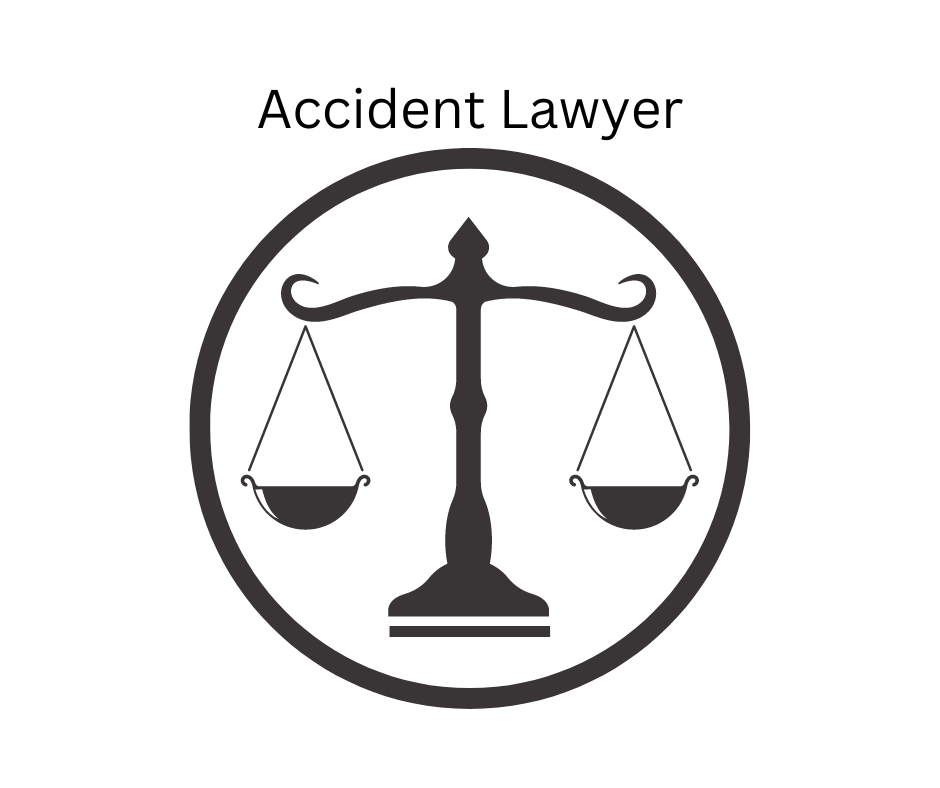If you find yourself in a legal predicament and don’t have the funds to hire a lawyer, you may be able to receive free legal advice. However, it’s important to understand that free legal advice often comes with limitations, and it’s essential to make the most of your time with a lawyer or legal professional. Here are the top questions you should ask when receiving free legal advice.
Qualifications of the Person Providing the Advice
The first question to ask when receiving free legal advice is the qualifications of the person providing the advice. You should ask if they are a licensed attorney, legal professional, or a paralegal. This information will help you determine the level of expertise of the person providing the advice and their ability to help you.
Scope of the Advice
The next question to ask is the scope of the advice. You should understand the limits of the advice provided, and what areas of the legal issue the advice covers. Knowing the scope of the advice can help you decide whether to pursue further legal action.
Potential Outcomes of the Legal Situation
You should also ask about the potential outcomes of the legal situation. Understanding the potential results can help you make an informed decision about how to proceed with your case.
Timeline for Resolving the Issue
It’s important to understand the timeline for resolving the issue. Knowing how long the process may take can help you plan your next steps and manage your expectations.
Information Required by the Lawyer
You should ask what information you need to provide to the lawyer. Providing the right information can help the lawyer better understand your case and provide more effective advice.
Best Course of Action
Based on the information you’ve provided, the lawyer may recommend a course of action. You should ask what the best course of action is and why. Understanding the reasoning behind the advice can help you make an informed decision.
Risks and Benefits of Pursuing Legal Action
You should also ask about the risks and benefits of pursuing legal action. Understanding the potential risks and benefits can help you make an informed decision about how to proceed.
Costs Associated with the Legal Process
It’s important to ask about the costs associated with the legal process. Understanding the costs can help you plan for the financial impact of pursuing legal action.
Ensuring Confidentiality
Confidentiality is an essential aspect of the legal process. You should ask how the lawyer ensures confidentiality and how your personal information will be protected.
Referral to a Full-Service Attorney
If the issue requires further legal action, you may need to hire a full-service attorney. You should ask if the lawyer can refer you to a qualified attorney who can help you with your case.
Preparing for Your Next Steps
After receiving free legal advice, you should ask how you can best prepare for your next steps. Understanding what you need to do next can help you take proactive steps to resolve your legal issue.
Communicating with the Lawyer
Effective communication with your lawyer is essential for resolving your legal issue successfully. You should ask how you can best communicate with the lawyer, and what information you need to provide to ensure effective communication.
Protecting Yourself During the Legal Process
During the legal process, it’s important to protect yourself and your legal rights. You should ask how you can protect yourself during the legal process, and what steps you can take to ensure the best possible outcome.
Next Steps
After asking these questions, you should have a better understanding of your legal issue and what steps you need to take next. Make sure to follow through on the advice provided, and take proactive steps to resolve your legal issue.
In conclusion, receiving free legal advice can be helpful when you’re facing a legal issue but don’t have the resources to hire a lawyer. However, it’s important to make the most of your time with the legal professional by asking the right questions. By asking about the qualifications of the person providing the advice, the scope of the advice, potential outcomes, timeline, information required, best course of action, risks and benefits, costs, confidentiality, referrals, dissatisfaction options, preparation, communication, and self-protection, you can ensure that you receive the best possible advice and take proactive steps to resolve your legal issue.



